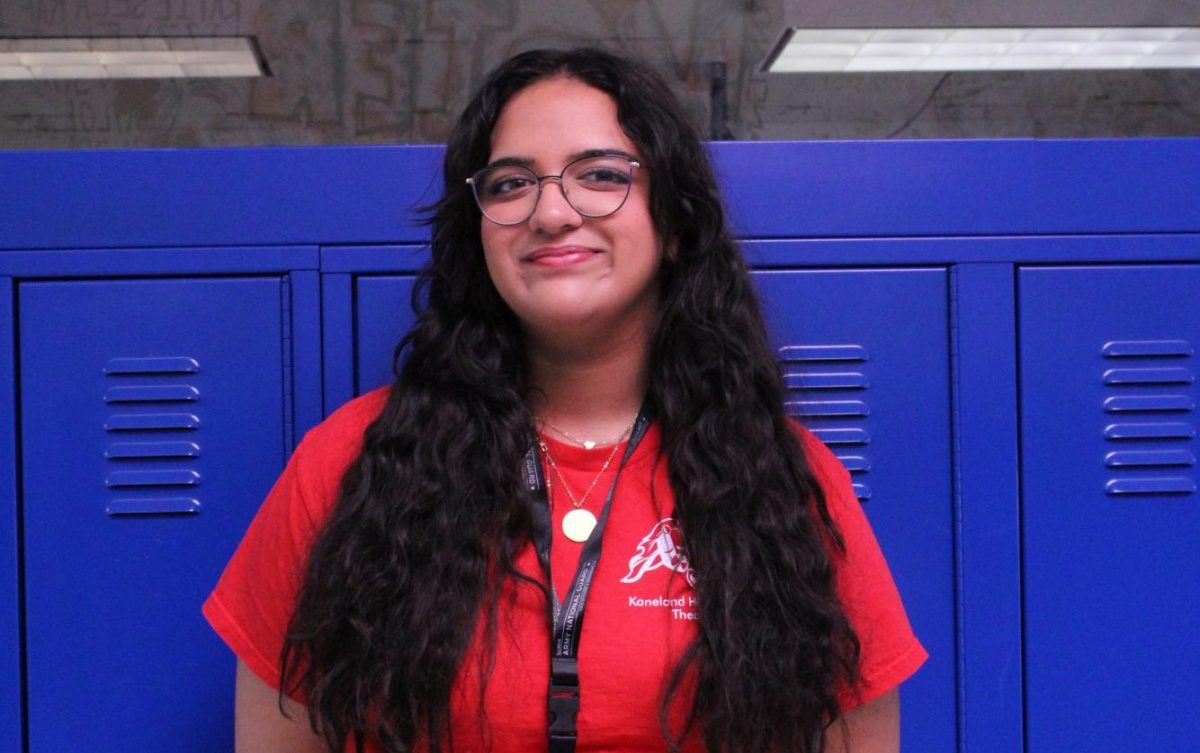High school goes by in the blink of an eye. One second, you’re a little freshman wearing an oversized backpack on the first day of school, and the next, you’re a senior in a black gown ready to walk across the graduation stage. After high school lies the unknown, and every student has their own unique path. For some, it’s a full-time job or the armed forces. For others, it’s college.
As a freshman, you don’t need to have the job or major you want to pursue set in stone. Instead, you should focus on finding out who you are as a person.
“Do some career inventories,” guidance counselor Cynthia Violett recommends. “Figure out what your interests are, what you’re good at and what your passions are.”
Kaneland offers accessible tools for students to help them specify their interests and narrow their college searches. Xello is a helpful website if you don’t know what professional environment is best suited for you.
High school counselors routinely visit different classes to help students get accustomed to Xello. Those students who are interested in learning more about post-secondary options can continue exploring once they learn the basics of the program.
“[Xello] takes what your skills are and combines them into something that [suits] your interests,” Violett said.
Xello includes personality tests that pinpoint your learning style and selects professions and colleges that might be good for you. The personalization of this website helps students narrow their search when it comes to their post-secondary plans.
When I was a freshman, Xello was a great tool for me to read descriptions of jobs and majors so I could start to focus on my interests and learn how they could relate to my life after high school. The website also told me more about my personality and learning styles, which has helped me throughout the past four years of high school.
High school student-athletes might want to continue playing a sport as part of their post-secondary plans. If you have an inclination to play a National Collegiate Athletic Association (NCAA) sport in college, it’s a good idea to start thinking about that during your freshman year, too.
“If you’re thinking about playing [any division] in college, get good grades,” Violett said. “To play D2 or D1, you have to meet certain core requirements and a certain grade point average (GPA), so during your freshman and sophomore years, work on your grades and make sure you’re taking the correct core classes.”
Whether your focus is on sports or not, once you know what your likes and dislikes are and start to develop a sense of the best careers for you, the next step is finding schools that fit your preferences.
Colleges can be drastically different from one other based on factors like size, location, cost and sports divisions. Some people prefer small private schools, while others prefer large, major conference universities. Once you know which you prefer, you can use websites like Niche to locate specific schools that fit your preferences.
According to their website, “Niche is the market leader in connecting colleges and schools with students and families.”
Niche has “over 140 million reviews and ratings” on colleges and contains “powerful search and data tools.” It also contains “in-depth profiles on every school and college in America,” according to their site.
You can use this website to sort colleges based on size, cost, test scores and location. Niche was helpful for me to find schools that were the best for my desired major, so I had good insight on where to apply during my senior year.
The next step in your college search should be planning school tours. By looking at a school in person, you’re able to learn more about the campus than you would from a website, and you’re able to imagine yourself learning at the school.
“I would say by the summer of sophomore year, students should start visiting colleges,” Violett recommended. “Junior year is when you do more exploring. [You can] go on more visits, talk to people and start creating your college list.”
If you spend time finding the right college options during your freshman, sophomore and junior years, college applications will be much easier during your senior year.
While high school might feel like a long time, don’t take that time for granted. It can go by fast, and it offers the perfect opportunity to better understand and prepare yourself for the future.







